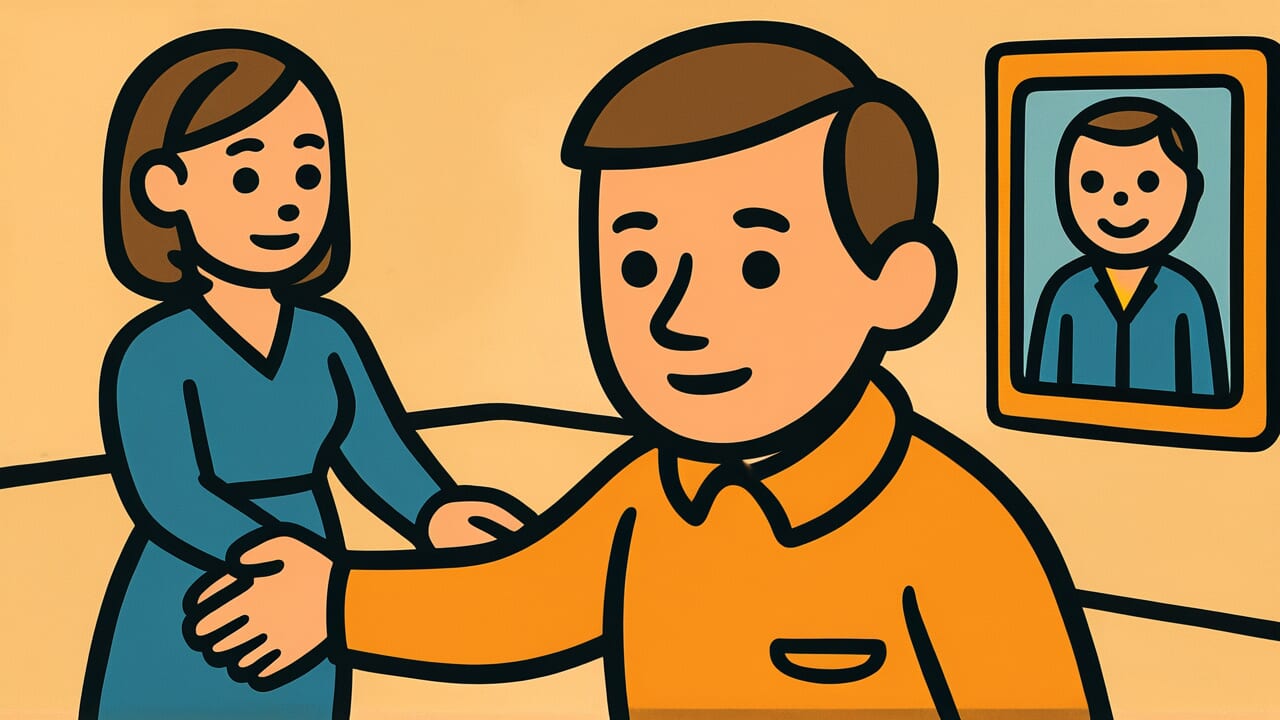How to Read “Compassion should not depend on social status”
Nasake wa jōge ni yorubekarazu
Meaning of “Compassion should not depend on social status”
“Compassion should not depend on social status” means that kindness and mercy toward others should not change based on their social position or rank.
Being nice only to superiors while treating subordinates coldly is wrong.
This proverb warns against people who bow to those in power while acting arrogant toward subordinates and the weak.
It also teaches that we shouldn’t give special treatment to high-ranking people while being cold to ordinary folks.
True compassion should be directed equally to everyone, regardless of who they are.
When someone is in trouble, we should help them no matter their position. This shows the universal moral principle of what it means to be human.
Even today, this saying reminds us not to judge people by their titles or status. It teaches the importance of respecting each person as a human being.
Origin and Etymology
The exact origin of this proverb has several theories. However, it’s believed to be deeply connected to Buddhist thought, especially the concept of compassion.
Buddhism teaches that compassion should be directed equally to all living beings without discrimination.
“Nasake” means thoughtfulness and sympathy toward others. “Jōge” refers to high and low social status.
During the Edo period, strict class systems existed between samurai and townspeople, masters and servants.
“Yorubekarazu” means “should not depend on.” It contains a strong warning not to rely on or discriminate based on status.
This expression likely spread because there was a need to teach equality in a harsh class-based society.
It questioned what true compassion means when powerful people looked down on the weak. Or when people bowed excessively to those of high rank.
Books teaching samurai morals and temple school education likely taught this as a basic human attitude.
Because class systems were so strong in society, such teachings were needed and passed down through generations.
Usage Examples
- Don’t give the president special treatment. Following “Compassion should not depend on social status,” treat everyone with sincerity.
- He speaks politely to both high-ranking people and janitors. He truly practices “Compassion should not depend on social status.”
Universal Wisdom
“Compassion should not depend on social status” has been passed down for so long because it recognizes two contradictory human traits.
First, everyone wants to be treated equally. When we’re in a weak position, we all know the pain of being discriminated against by rank or status.
But second, when people gain higher positions, they tend to look down on others. This is a human weakness.
This contradiction is exactly why this proverb remains necessary.
The moment people gain power or status, they tend to forget the pain they once felt.
When you become a boss, you stop seeing how subordinates feel. When you succeed, you become insensitive to others’ suffering.
The human heart is fragile and easily changes with position.
That’s why our ancestors left this warning. True character means having a heart that doesn’t change regardless of position.
When you show compassion while calculating the other person’s status, that’s not real kindness.
Humans are social creatures, and hierarchies are unavoidable.
But this proverb quietly yet powerfully continues to speak the truth that human dignity is equal within those hierarchies.
When AI Hears This
Network theory shows that weak ties connecting different groups have more power to bring information and opportunities than strong ties between similar people.
For example, in job hunting, you’re more likely to find work through “occasional acquaintances” than close friends. This is because weak ties bridge different information circles.
Looking at this proverb mathematically, limiting compassion by hierarchy means dividing networks into homogeneous clusters.
If bosses only show compassion to bosses and subordinates only to subordinates, the same information just circulates within each group.
But when compassion flows regardless of hierarchy, the network’s connection density increases dramatically.
Mathematically, when n nodes are divided by hierarchy versus fully connected, there’s an exponential difference in information speed.
What’s more interesting is that returns on social investment called compassion become unpredictable.
The newcomer you help today might become an important figure in another industry in ten years.
This uncertainty creates incalculable value. Showing compassion without worrying about hierarchy is a rational strategy that maximizes the network’s potential.
Lessons for Today
This proverb teaches you the essence of how to see people. We meet countless people daily, but do we look at their titles and positions first?
In the age of social media, don’t we judge people by follower counts and likes?
At work by job titles, at school by grades—we tend to measure people. But what truly matters is the person’s character.
This proverb suggests one habit to you. When you’re about to be kind to someone, pause and look at your own heart.
Is this kindness conditional on who they are? If positions were reversed, would you treat them the same way?
Practice is simple. Speak to convenience store clerks with the same politeness you use with your boss.
Listen to a junior’s opinion with the same seriousness as a senior’s. Just that will change the atmosphere around you.
People are mirrors. If you treat everyone sincerely regardless of status, they’ll respect you as a person too.
And most importantly, such an attitude enriches your own heart.



Comments